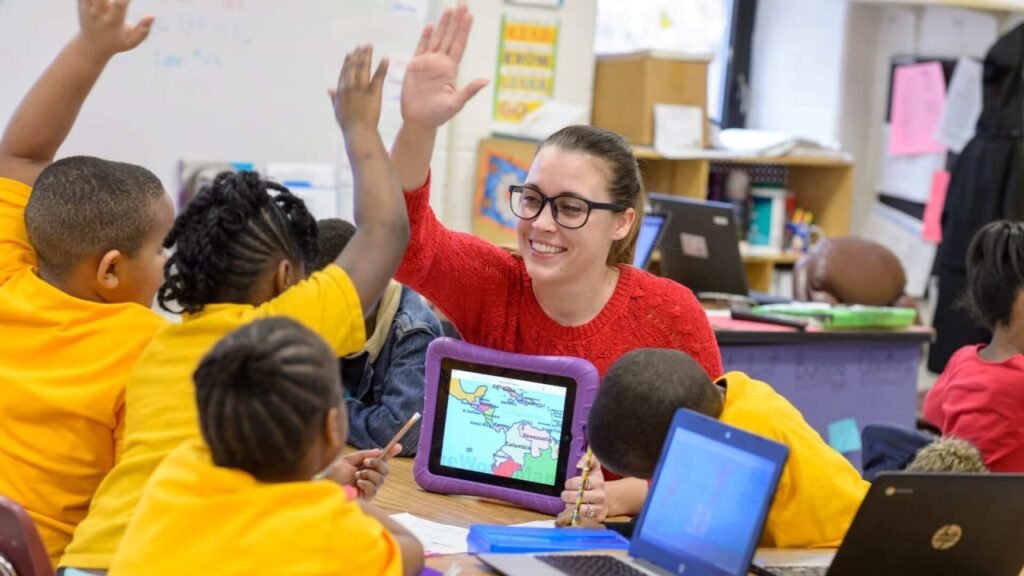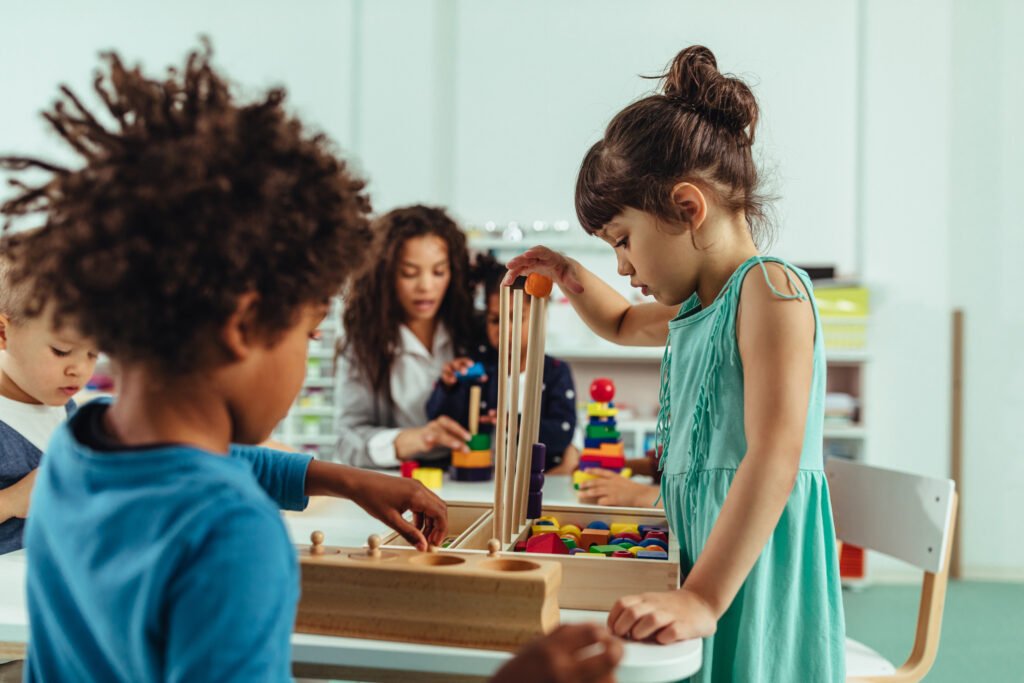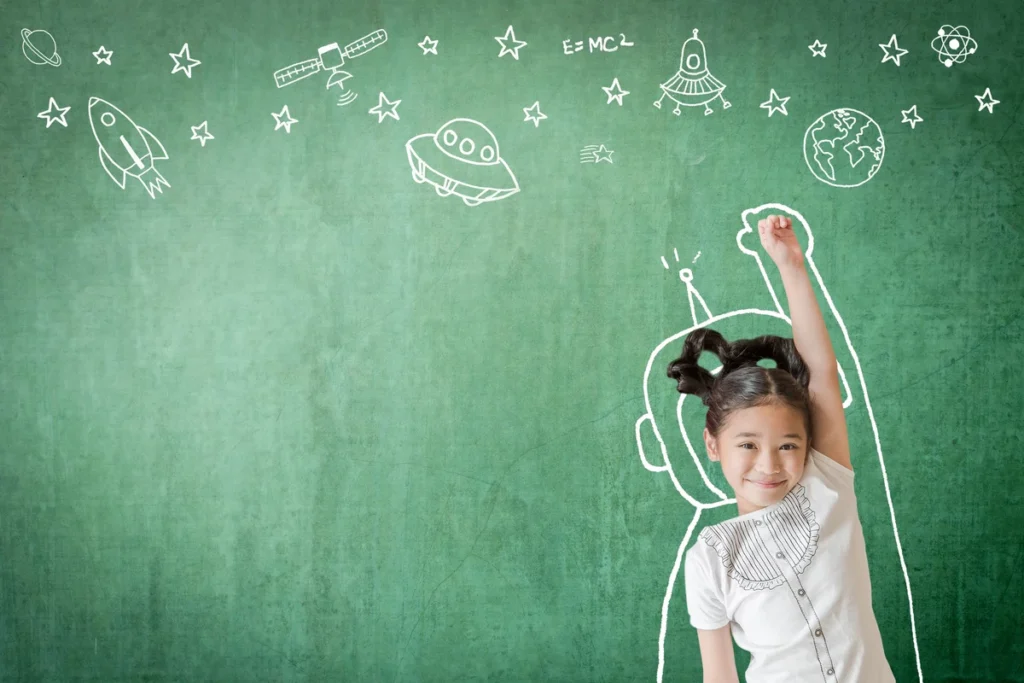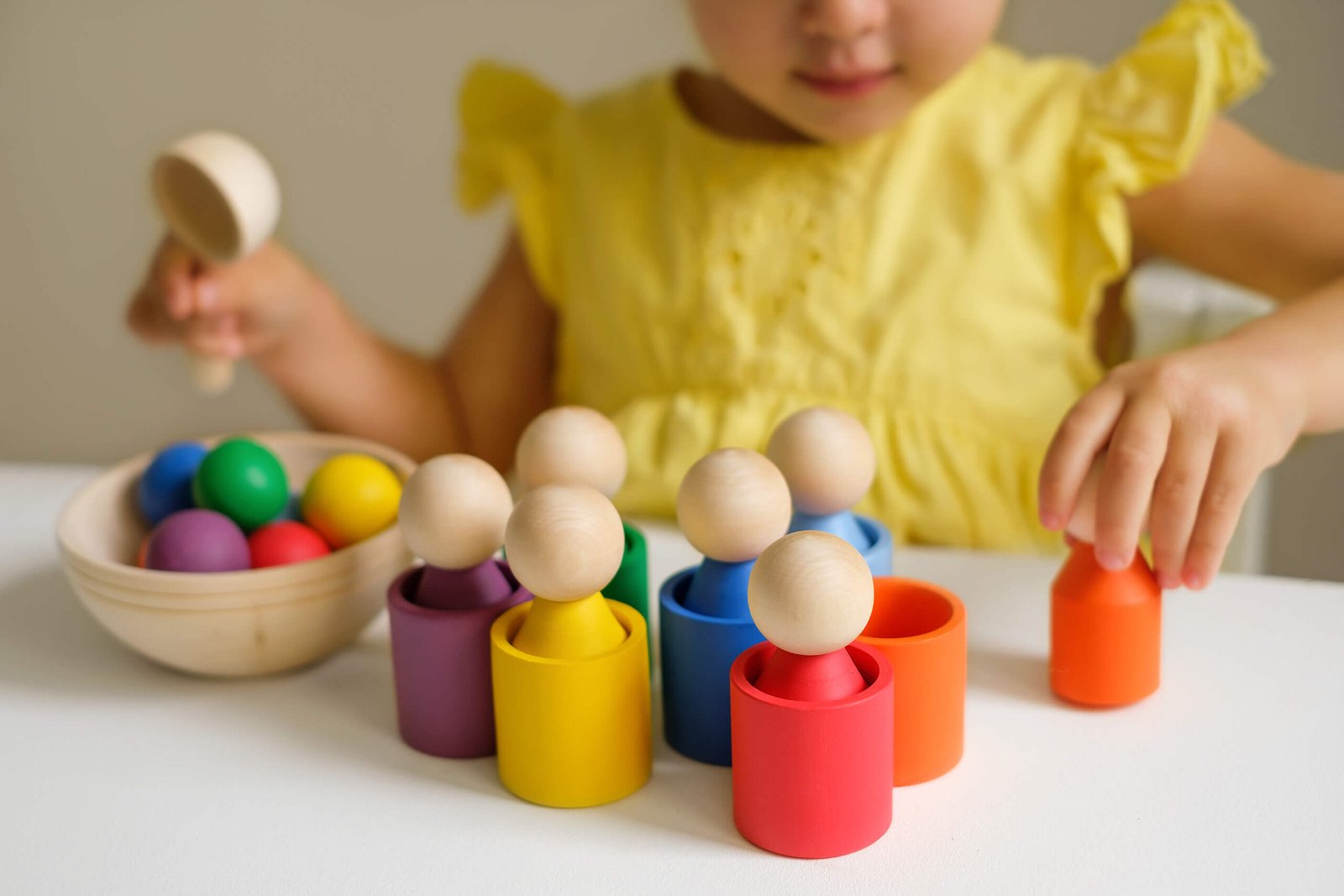The Importance of Play in Learning Play is an essential part of education particularly for young children. Here are a few main points emphasizing its significance.

Cognitive Development
Children face problems during play that call for critical and creative thinking. Playing games and using your imagination improves concentration and memory.
Social Skills
Play promotes language development in kids by helping them communicate and comprehend others. Children gain collaboration, negotiation, and conflict resolution skills when they work with peers.
Emotional Growth
Through play, children can practice emotional regulation, which contributes to their resilience-building. Children can develop empathy by seeing things from other people’s viewpoints through role-playing games.

Physical Development
Playground jogging and block building are two great ways to improve physical coordination and ability. Playing actively increases physical fitness and lowers the incidence of obesity and associated health problems.
Creativity and Imagination
Children are encouraged to try out new ideas through play promotes creative thinking. Children can express themselves creatively through painting music and storytelling among other activities.

Intrinsic Motivation
An example of this would be a child who paints only for fun. By encouraging kids to pursue their interests, it fosters a passion of learning in them.
Connection to Real-World Learning
Children can reinforce their comprehension by applying what they have learnt in a more concrete setting through play. Play frequently includes cultural components, which aids in children’s understanding and appreciation of variety.

Conclusion
Play is an important part of education enhances learning in addition to promoting overall development. Teachers and other adults who work with children can create situations where children succeed intellectually, socially, and emotionally by respecting and fostering play.
FAQs
Why is play important for children’s development?
For the development of the brain, social skills, emotions, and body, play is essential. Children benefit from it by learning how to solve problems, form friendships, control their emotions, and become more coordinated.
How does play enhance learning?
Children can actively interact with objects and concepts through play, which helps to make learning more concrete and memorable. Children experiment, test theories, and uncover new concepts through play, which promotes a deeper comprehension of the material. Learning through play increases a child’s retention of knowledge and abilities.
What types of play are most beneficial for learning?
It gives kids the chance to investigate their hobbies and hone their problem solving abilities in an organic setting. A combination of the two promotes different facets of growth.
Can play be incorporated into academic subjects?
Play based learning strategies are widely used by educators to teach language arts science and math.
How does The Importance of Play in Learning support social skills?
Through these exchanges fundamental social skills are developed that are crucial for relationships and teamwork in the future.



